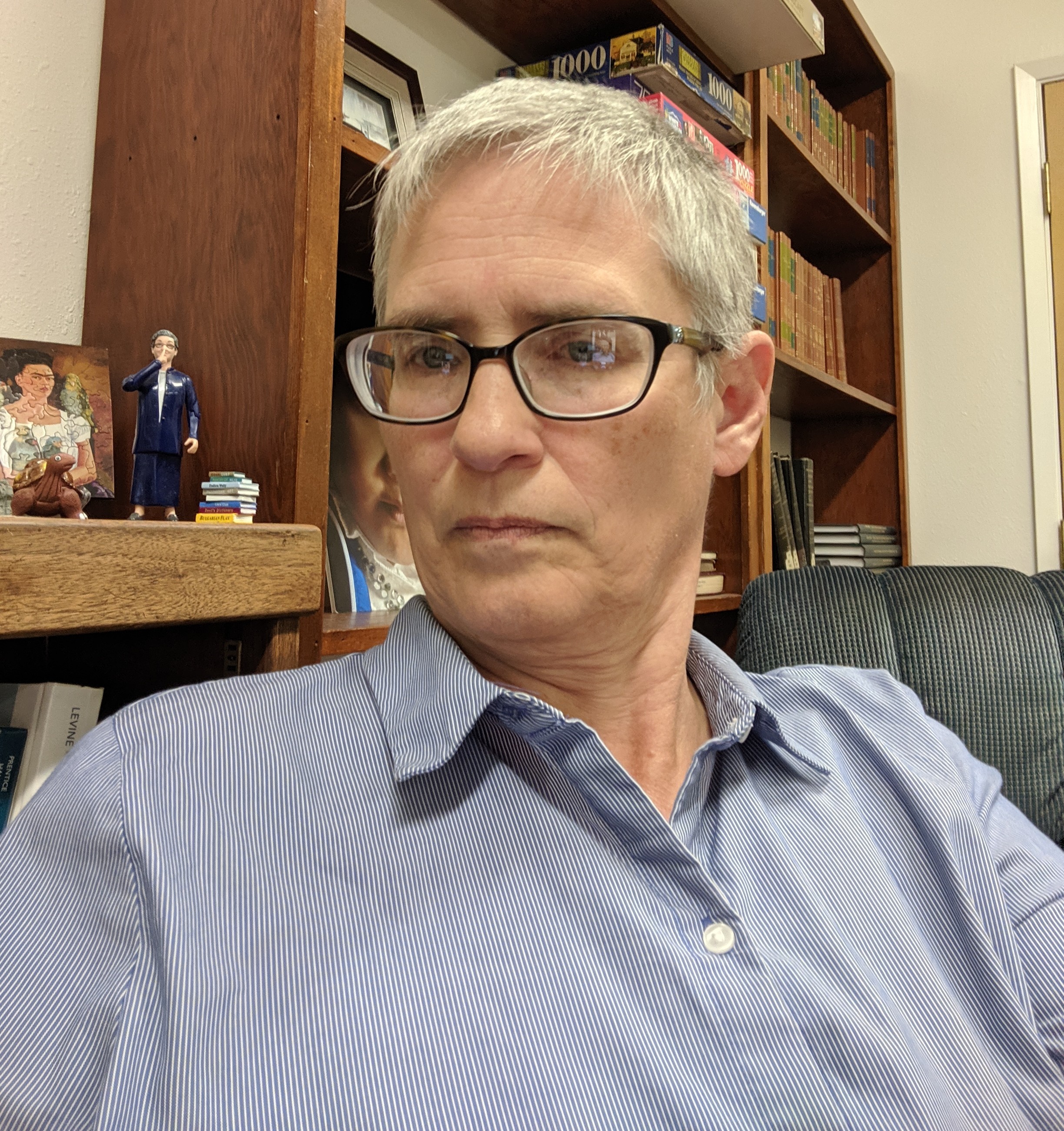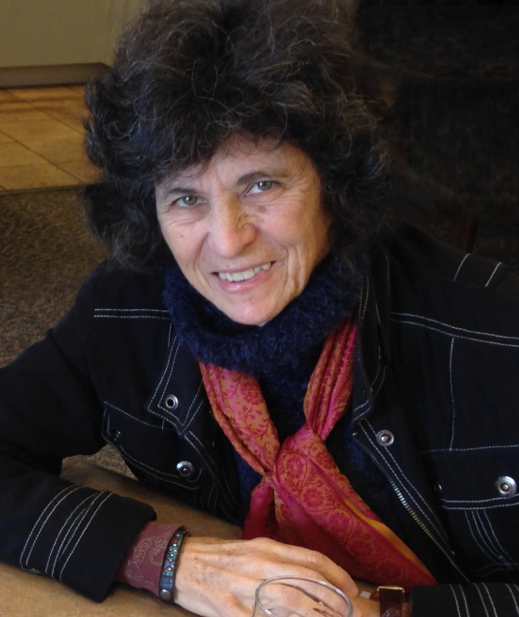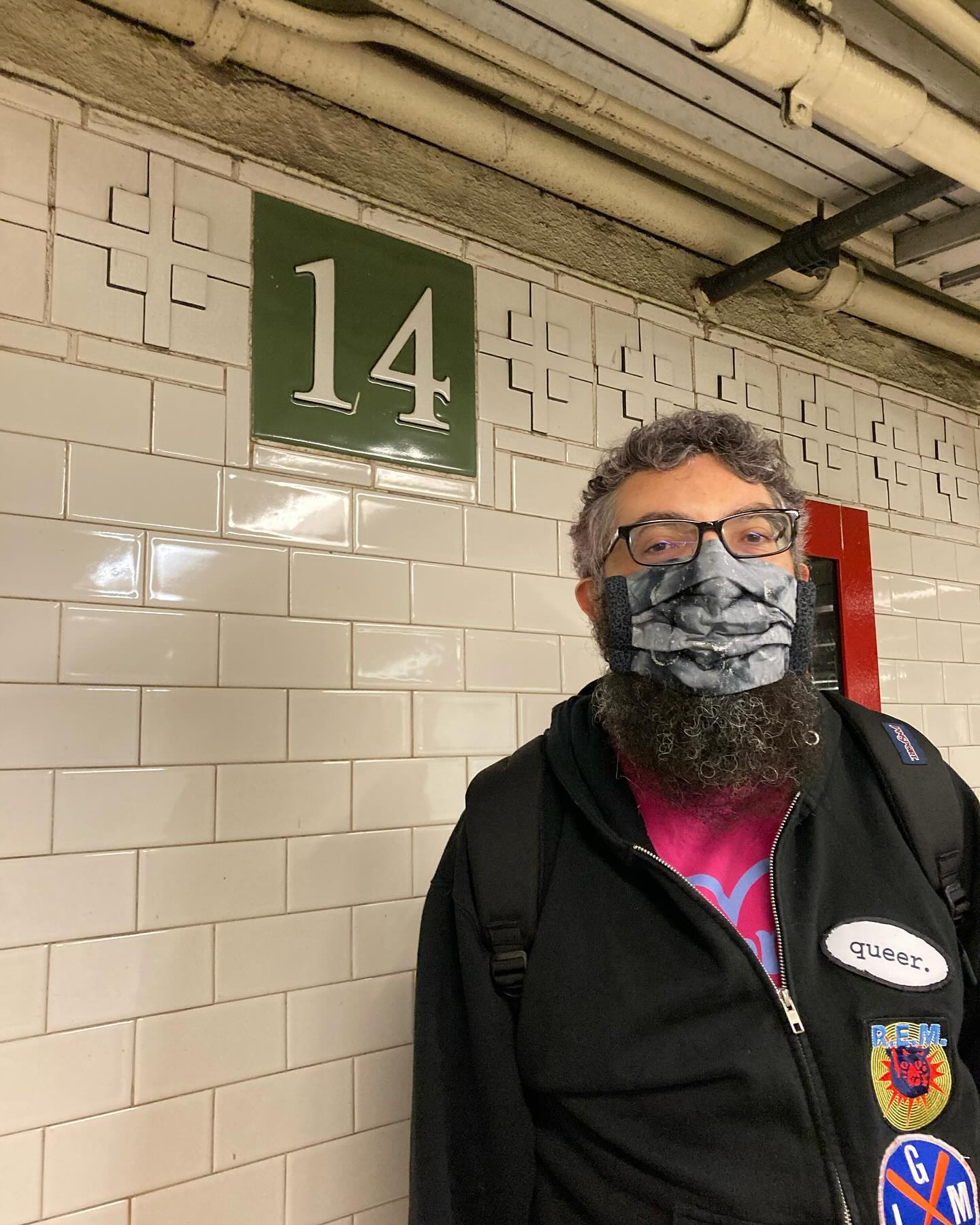Intersections
Featured in this issue are papers delivered at Crossing the Line: Women from Anabaptist Traditions Cross Borders and Boundaries, a conference hosted by EMU in June 2017. Also included are an interview with Priscilla Stuckey on her journey toward nature spirituality and an essay by Daniel Shank Cruzin response to Sofia Samatar's keyniote address at the conference, published in our July 2017 issue.
In this issue:
-
0
read more

Finding Our Place in Nature
by Priscilla Stuckey"It’s as if this project of reconciliation lies at the heart of all the problems of the modern world—because when people forget their ties to Earth, they forget their ties to one another."
-
1
read more

AGES AND AGES HENCE: A Conservative Mennonite Woman's Secret Dreams of Education
by Hope NislyThe Dream
"This I remember. How happy I was to be there."
Edith Swartzendruber Nisly (1919-2017)
The dream came to her soon after she turned ninety and she called to tell me about it. She laughed as she spoke, but it was more tentative than her usual deep-seated laughter.
I was nearly the youngest of a large family and born when my mother1 was close to forty; I had a relaxed relationship with her. She was past the general chaos that came with a profusion of young children in a too-small house, past the point she worried over other …
-
0
read more

Songs for My Mother - Miriam L. Weaver, a Woman who Lived Beyond Boundaries
by Carol Ann WeaverSometimes boundaries need to be understood in a transgressive way, when persons thought of as insiders have actually had to live outside the generally accepted borders containing cultural clout, control, comfort, convention, and community norms. Due to life events, chosen and unchosen, my staunchly Mennonite mother Miriam L. Weaver, 1922-1997, had to live outside many boundaries guarding preferred lifestyle, leadership, opportunity, and pay equity. These areas affected dress, marital status, education, work and leadership. This essay deals not only with factors within my mother's life, but also with manners and stylistic idioms with which I, as a composer, have crafted …
-
0
read more

On Postcolonial Mennonite Writing: Theorizing a Queer Latinx Mennonite Life
by Daniel Shank Cruz1.
In her 2017 essay "The Scope of This Project," one of the most important pieces of Mennonite literary theory ever, Sofia Samatar calls for an investigation of "postcolonial Mennonite writing," which includes work by Mennonite writers from global postcolonial contexts as well as "minority writers in North America."[1] Samatar's advocacy for hybrid Mennonite identities that encompass multiple ethnicities, nationalities, cultures, theologies, geographies, and, implicitly, sexualities—which I view as a necessary addition to Samatar's concept—epitomizes intersectional, anti-oppressive ideals. When I read Samatar's essay, something clicked for me. I felt that finally the theoretical tool existed for me …